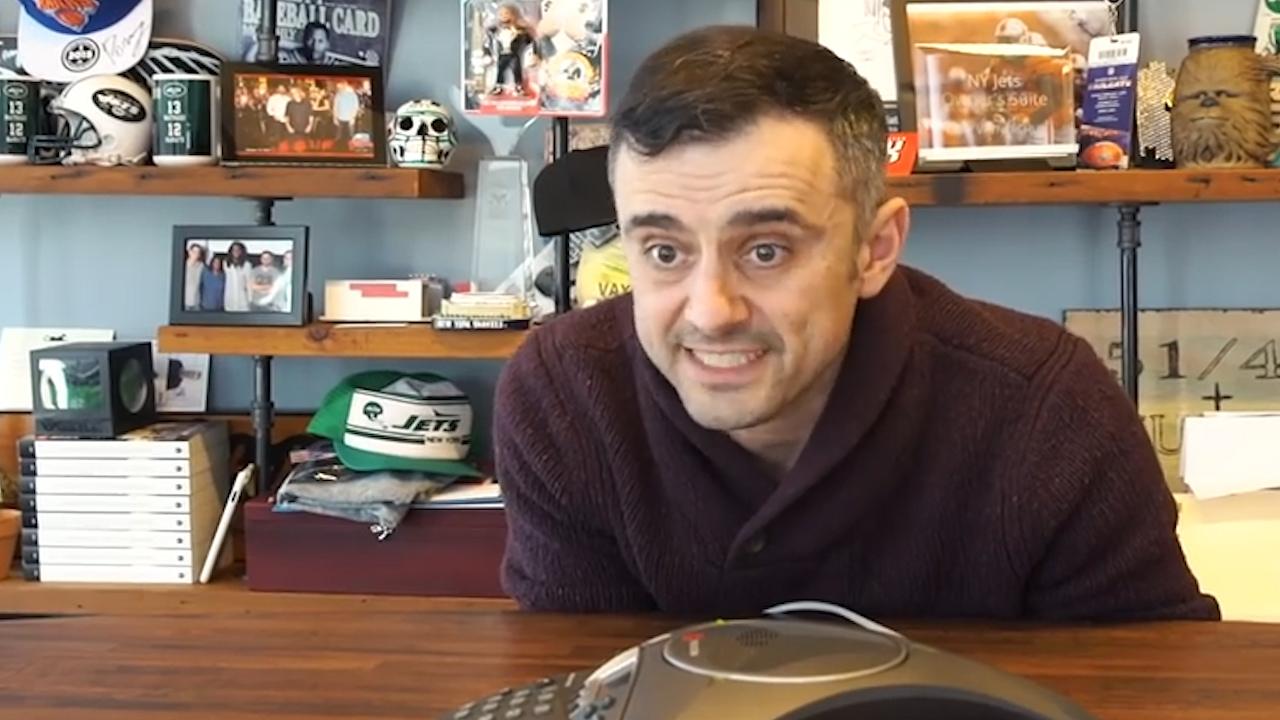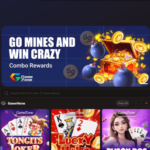
Q: What will the next big social network have to do to challenge Facebook, Twitter, or Instagram?
A: There are two keys to the success of a social network.
1. Win over the youth market. The network that makes Snapchat feel like it’s for old people will be the next social superstar.
2. Be extraordinarily useful. Instagram was just a place to post pretty pictures until people realized it actually made them better photographers. The visual intimacy of the pictures made people feel close to other users, and eventually the social network developed to support that closeness.
In sum, if you’re trying to develop the next big platform, create something the youth of the world didn’t know it couldn’t live without.
Q: Which currently popular social media platform will likely be extinct by 2020?
A: The two most vulnerable platforms today are Tumblr and Google+, mostly because big conglomerates own them. For all my concerns about Twitter, I have faith that Jack Dorsey will figure out a way to make it relevant and new-user friendly again. But Tumblr is owned by Yahoo, and despite all those politics of being independent it’s still part of a big holding company. Google has shown a tendency to cut bait if something isn’t working, no matter how much they invested in it, and there’s no doubt that Google+ isn’t working. It’s possible Google will cut Google+, retool it, and reintroduce it one day, but I think it’s a fair bet that Google+ as we know it will not be around in a few years.
Q: Marketing to the next generation through Facebook is on par with putting ads in the Yellow Pages. Facebook is dead. What’s next?
A: Facebook is so not dead. If anything, it’s just starting to grow. I’ve made the mistake of counting out a platform or service prematurely. In 2003, I predicted that SEM and Google AdWords was dead, when in reality it was just starting. I’d say that Google search is destined for Yellow Pages obsolescence. You used to have to go to Google to look up what you wanted. Now it’s all just coming to you, not on the right side of your desktop but in your actual feed. If you know how to target and create content properly, your consumers will have a constant reminder, in the best way, of how relevant your brand is to their lives.
Q: I don’t get it, Facebook. You decide to not show my book page to people. Do you think a lack of success will make me give you more money?
A: I wish people would stop complaining about the cost of doing business on Facebook. It is like any other medium in the world. TV channels aren’t going to run your ads for free. The post office isn’t going to ship out flyers and advance copies of your book for free. This idea that because Facebook started out as a free social network it has to continue giving away organic reach is crazy. It’s one of the most efficient ways to deliver content to people in the world. You don’t think that’s worth a little money? To anyone who feels he or she has a legitimate gripe, by all means use the free alternative to Facebook to alert people to your brand or book or business. That would be email. I’d love to see you get results even close to what you could do with Facebook. You can rant and rail against the cost of Facebook, but in the end you’re just talking to yourself, because Facebook doesn’t care. Nor should it.
Q: Three seconds count as a view for Facebook video – moderately misleading metric, or incredibly bullshit metric?
A: Marketers have got to stop valuing width over depth. Is three seconds of pre-roll view on Facebook more bullcrap than people buying views on YouTube as prerolls? Those on YouTube are actual ads whereas Facebook is putting them in feeds. I don’t care about width metrics. Any brand startup using the number of views it receives to gauge its success doesn’t realize that tech can game that game. I’m looking at the engagements, the comments, the click-throughs to the product. If I am paying attention to something like number of views, I’m taking the width at width value. If I want 800K people to see my face, and they do that, then I consider those three seconds I just got to be worthwhile. It depends what you’re trying to accomplish.
Q: My little sister has Insta and Snapchat but has no interest in Facebook. What do you think the future holds for Facebook?
A: Facebook’s Mark Zuckerberg is an assassin. There’s a reason he bought Instagram and there’s a reason he tried to buy Snapchat for $3 billion – he wanted the teens. I doubt Facebook is going to get them, though. Instagram is going to become more like Facebook, but if Facebook keeps crushing it, it should be able to hold on to the thirty-five-and-older crowd, which of course is an enormous business. Over time the population will diminish, but I believe Zucks is going to keep going after that youth market. Facebook missed Snapchat, but it bought Oculus, and I’m sure there will be more. Don’t ever count Facebook out. It’s going to be the infrastructure for over-the-top TV, or free Internet, or the best phone we’ve ever seen. Just you wait.
Q: Facebook and Twitter make it easy to manage separate pages and accounts, but not Instagram. Is there a way to successfully use one account for all three things without it being shit, jumbled and ineffective?
A: It’s easy to forget that Instagram is really, really young, and young platforms need time to work out their kinks. Before business pages existed on Facebook I had to use fan pages, and it was a pain in the ass. But I sucked it up because that’s what you do until the platform evolves or responds to its users’ needs.
Q: People who write essays as their Instagram captions – what the hell are they thinking? We’re there to look at pics, not read endless shit.
You are. But plenty of other people like the long form on Instagram. You do you and create your own experience. But don’t be surprised if you start to see more and more of this kind of thing. There is a growing opportunity, and if it works, other people are going to start trying it themselves. Platforms evolve; that’s just the way it is. In fact, as of this writing, I am finding myself more and more attracted to longer-form text on Instagram.
Q: Do you think email will be more or less relevant in the next five years?
A: I think it’s so important I’ve put it at the top of my marketing strategy. Email open rates may no longer be 80 percent like they were back when I was selling wine in 1997, but that doesn’t mean email is dead. See, people used to sign up for emails without thinking twice, the same way we used to click thousands of likes on Facebook. As time went on, we started being more selective. That means that if someone takes the time to sign up for your emails, you’d better deliver quality content. If you succeed and prove to people that they will like opening your emails, your email open rates will be high. You just have to deliver on your promise to provide amazing, exclusive, relevant content. The other advantage of emails? You own them. You’re in total control of the creative and the distribution, and you don’t have to worry that your platform is going to make a change that alters whether the consumer who opted in receives it. I think as long as people have email accounts email will be relevant. It won’t be as valuable as it once was, but it will still be a player.
Q: What are your thoughts on Reddit? Is it even social? Is it useful?
A: Reddit’s big advantage is that it has a solid community, which means the brands and creative shops that can make their content natively “Reddity” should see excellent returns. But as with all platforms, if you barge in there without bothering to learn the language and fail to understand why people come to Reddit, you’ll get nowhere. Now, of course, once brands start having an impact on Reddit, the platform’s die-hard users will accuse it of selling out. They will threaten to leave. And then I think they’ll get over it.






